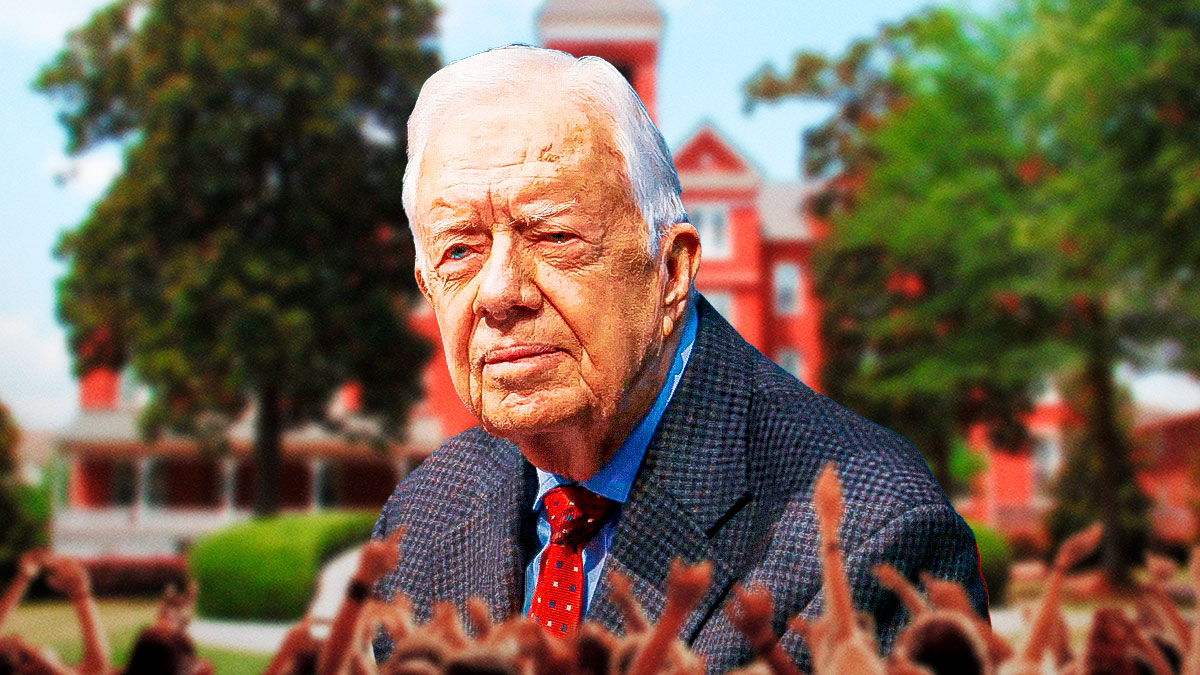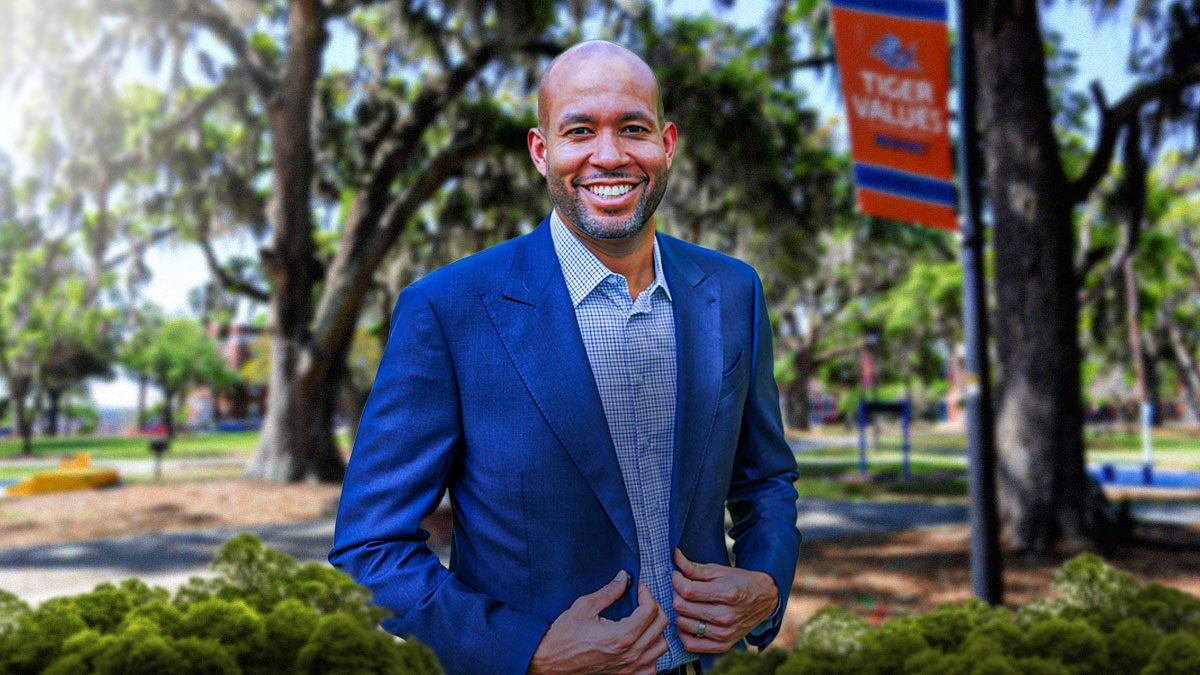Last month, former U.S. President Jimmy Carter passed away at age 100. Since his passing, the nation has reflected on the legacy he left behind. A large part of President Carter’s legacy was the work he did with HBCUs while president. As an advocate for higher learning and HBCUs, he played a pivotal role in HBCUs receiving adequate funding from the government. To honor him, several HBCU presidents spoke wth 11Alive about President Carter and his educational legacy.
President Carter’s relationship with HBCUs dates to 1971 when he received an honorary degree from Morehouse College. His wife, Rosalynn Carter, received a similar honor just a few years later. As an advocate for educational equity, President Carter signed Executive 12232 in 1980. Executive 12232 was a monumental initiative that ensured that HBCUs had the opportunity to receive federal funding. Signing off on this initiative was a continuation of the principles he established in his early career as the Governor of Georgia.
“No poor, rural, weak, or Black person should ever have to bear the additional burden of being deprived of the opportunity of an education, a job, or simple justice,” Carter declared at his 1971 gubernatorial inauguration.
President George French of Clark Atlanta University expressed how President Carter’s commitment to education has had an everlasting impact on HBCUs like Clark Atlanta, Morehouse, and Spelman.
“To put all of the federal education components under one umbrella … so that we can have a more centralized federal education system,” French explained, noting Carter’s establishment of the U.S. Department of Education in 1979.
In addition to establishing the U.S. Department of Education, President Carter also increased federal funding for Pell Grants. According to the Thurgood Marshall College Fund, more than 75% of students at HBCUs rely on Pell Grants to fund their education.
“Fifty-three percent of our students across the Atlanta University Center are Pell-eligible,” said Dr. Michael Hodge, CEO of the Atlanta University Center Consortium. “The more Pell monies that can be received for these students, the less pressure there is on the schools themselves.”
The United Negro College Fund, an organization that funds scholarships for Black students and general scholarship funds for 37 private HBCUs, released a statement on President Carter’s legacy and his impact on HBCUs.
The UNCF statement read:
“During his presidency, President Carter established the White House Initiative on HBCUs. This initiative aimed to increase federal funding and support for HBCUs, as well as improve their visibility and recognition. It also sought to address the unique challenges faced by HBCUs, such as financial constraints and limited resources.
President Carter’s policies helped HBCUs enhance their academic programs, infrastructure, and research capabilities. This support played a crucial role in expanding access to higher education for African American students, fostering educational opportunities, and promoting diversity in the higher education system.
Furthermore, Carter’s administration emphasized the importance of equal educational opportunities for all Americans, regardless of race or ethnicity. His commitment to civil rights and equality aligned with the mission and values of UNCF and HBCUs, making his policies particularly significant to these institutions.
Under President Carter’s leadership, the United States witnessed progress and advancements in the support and recognition of HBCUs. His unwavering support will forever be remembered and appreciated by UNCF and the entire HBCU community.
As we reflect on President Carter’s legacy, let us honor his memory by continuing to advocate for the importance of HBCUs and their role in creating a more equitable, inclusive, and progressive society.”
In addition to providing HBCUs with additional opportunities during his presidency, Carter's executive action established a standard for the future. administrations. Most recently, the Biden-Harris administration provided HBCUs with $17 billion in federal funding.




















